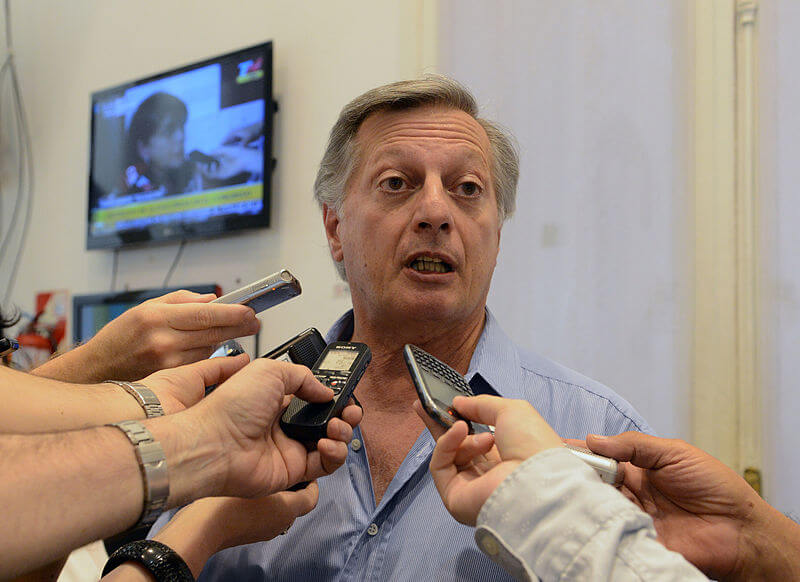The International Monetary Fund (IMF) has decided to reopen a permanent Buenos Aires office in November of this year, after over 12 years of not having one, reported Infobae.
Argentina’s previous IMF offices were closed down in 2006, following a single payment of roughly US $10 billion to the organisation made by ex-president Néstor Kirchner to cancel out an existing debt.
At the time, the former president also accused the financial organisation of having caused “pain and injustice” by pressuring Argentina to apply “policies that harmed economic growth.” Since then, IMF officials have been working in Argentina’s Central Bank.
The new office will be headed-up by Jamaican Trevor Alleyne, with over 25 years of experience at the financial organisation, who will be the first point of contact between the IMF and Argentina’s economic ministers.
Amidst Argentina’s ongoing economic woes, Alleyne and his team have a tough challenge ahead of them. They will work with the Argentinian government on meeting new targets put in place by the “double zero” plan for economic stabilisation, which revolves around fiscal balance (eliminating the primary fiscal deficit) and zero monetary expansion until June 2019.
News of the new offices comes in exchange for a deal whereby the IMF will speed up payment of a US $57.1 billion bailout package that the organisation agreed to loan Argentina in June, which was then increased by approximately US $7 billion at the end of September.
The next external IMF visit to Argentina will be carried out by Italian economist Roberto Cardarelli, who will from now on be embarking on trimestral visits in order to ensure that collaboration between the Argentinian government and IMF is going to plan and making progress.
Given the IMF’s recent prediction that Argentina will spend a further two years in economic recession, with the economy expected to shrink by 2.6% in 2018 and 1.6% in 2019, it is hoped that the placement of the organisation’s new offices will strengthen Argentina’s tight relationship with the IMF in a time of great economic need.










